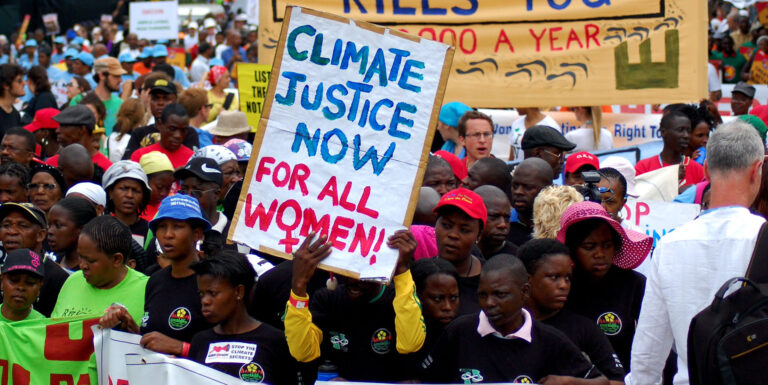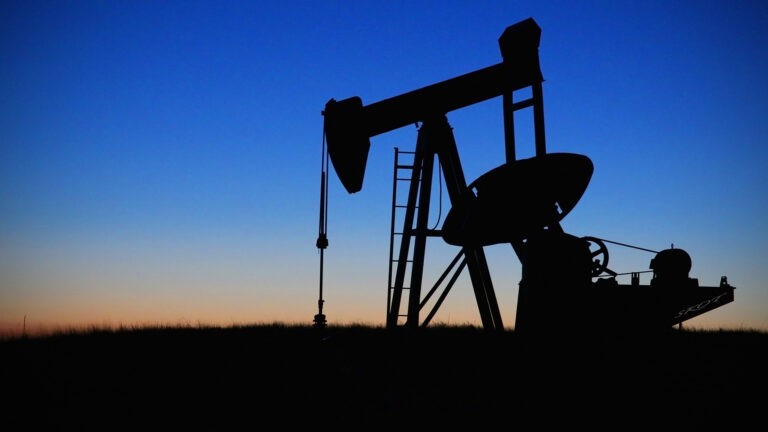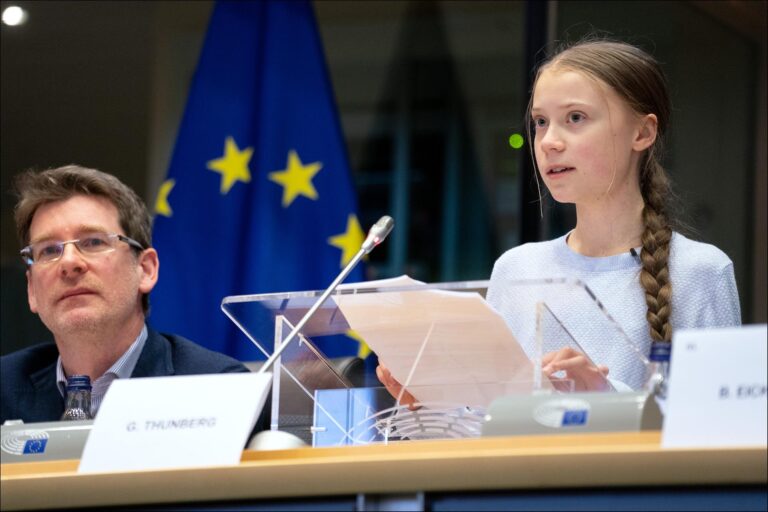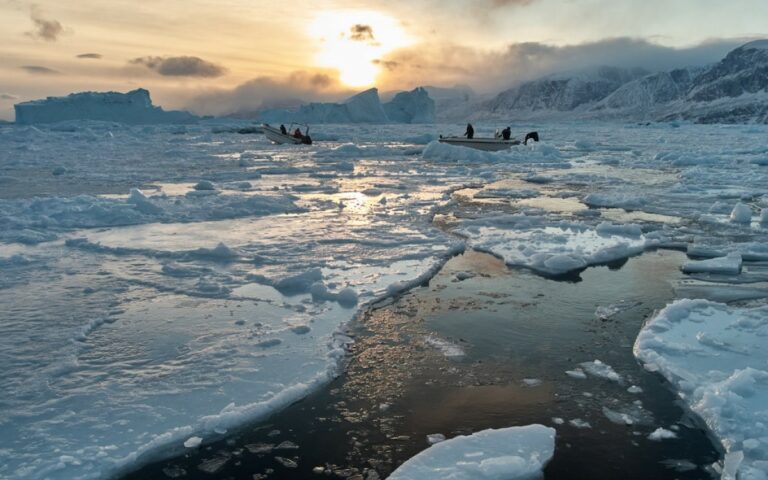The exercise of the right to freedom of assembly and peacefully protest is...
Overfishing is a serious marine issue with direct effects on both climate change and human rights.
Overfishing occurs when fish populations are harvested at a rate faster than they can reproduce, such that the population becomes too depleted to recover. Overfishing is often the result of wasteful commercial fishing practices, like bottom trawling, in which countless non-target fish or other animals are swept up and then discarded.
Prolonged and widespread overfishing, by decimating wild fisheries, endangers ocean ecosystems, decreases the sustainability of fisheries, and threatens the food security and livelihoods of millions of people who depend on fish for their nutrition and income.
Furthermore, overfishing has an equally deleterious (and often underreported) effect on climate change. In addition to the impact of the industrial fishing fleets, which release millions of tons of CO2 each year from burning fuel and dragging nets across the ocean floor (the world’s largest carbon sink), the depletion of marine wildlife significantly disrupts the earth’s natural carbon cycle. Indeed, the ocean plays a crucial role in helping to regulate atmospheric CO2 concentration through a set of processes that transfer organic carbon from the ocean’s surface to the deep ocean. Fish and other marine wildlife are integral to these processes, and so their decline has the potential to disrupt this all-important cycle.
Photo Credit: A trawler reels in a fishing net containing hundreds of thousands of cod fish, a clear example of overfishing. Photo by Asc1733, via Wikimedia Commons (CC BY-SA 4.0).
More reading...
The right to participate in public affairs in combatting climate change is critical.
Indigenous Peoples face a multitude of threats from climate change.
The International Court of Justice (ICJ) is the main judicial body of the...
Cultural destruction is a less well-recognized form of climate-induced loss and damage and...






